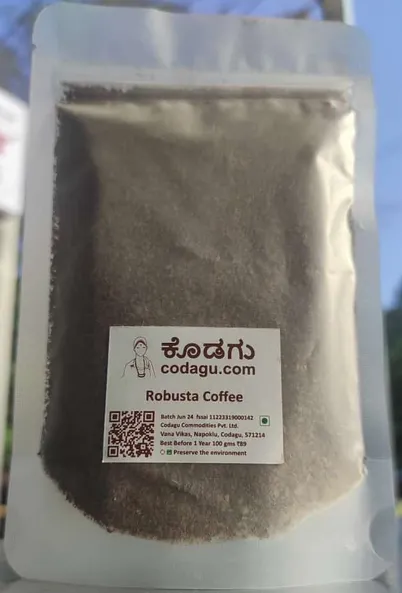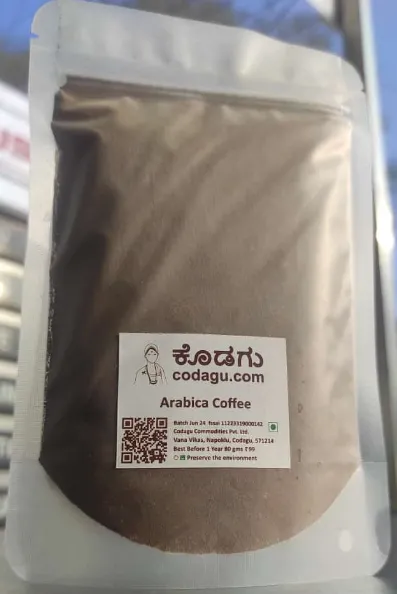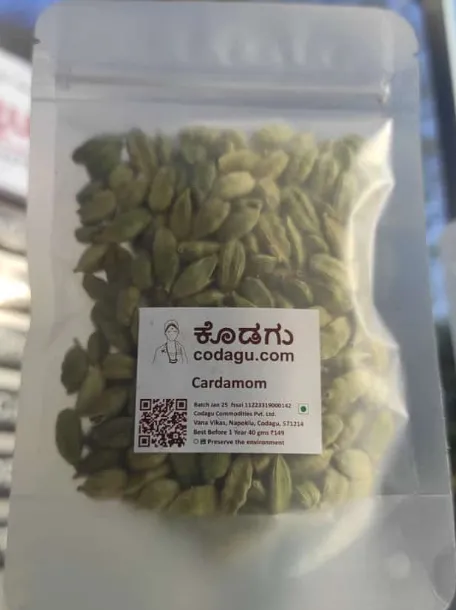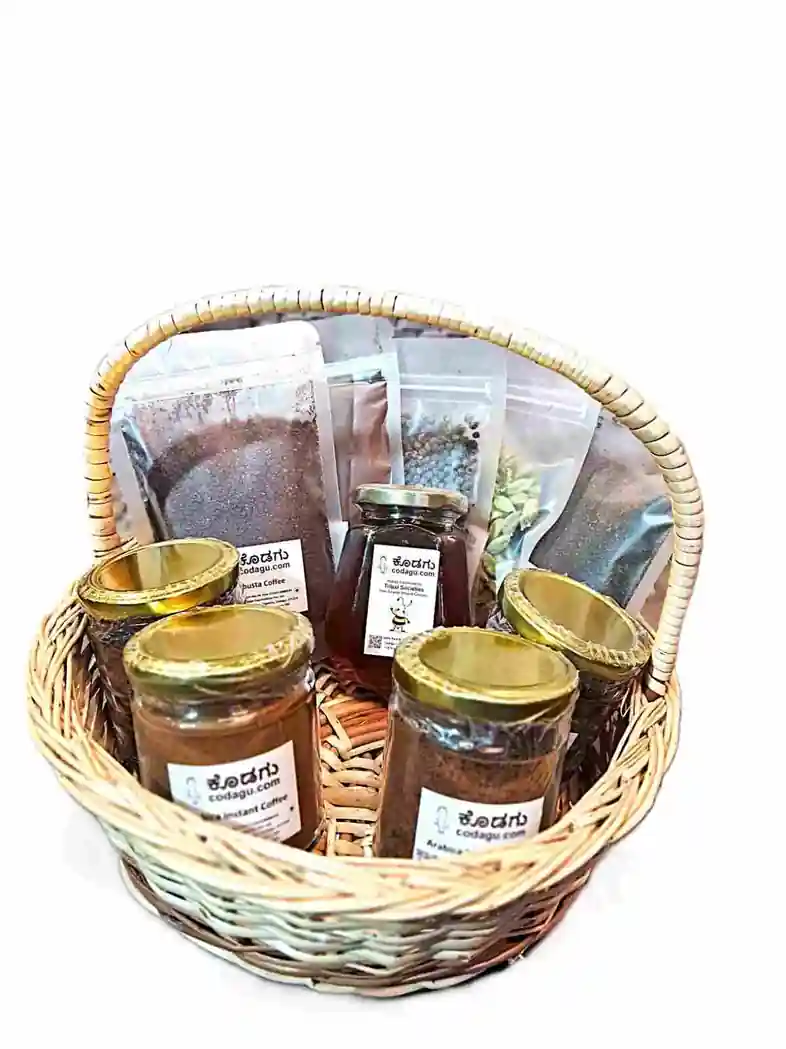Processing Of Cardamom
After harvesting, cardamom pods undergo a series of processing steps before they are ready for consumption or sale. The processing steps may vary depending on the intended use of the spice and the quality requirements of the market. In Kodagu, the processing of cardamom typically involves the following steps:
Washing: The harvested pods are first washed in water to remove dirt, debris, and other impurities.
Drying: The washed pods are then spread out in the sun or in a drying chamber to reduce their moisture content. The drying process can take several days and is a critical step in preserving the quality of the spice.
Grading and sorting: Once the pods are dried, they are graded and sorted according to size, color, and quality. The highest quality pods are typically separated for sale as whole pods, while lower-quality pods may be ground into powder or used for other applications.
Packaging: The graded and sorted pods are then packaged in various sizes and forms, depending on the intended use and market demand. Cardamom is typically sold as whole pods, ground powder, or in oil form.
Storage: Finally, the packaged cardamom is stored in a cool, dry place to maintain its quality and freshness.
In addition to these steps, some cardamom processors may also use additional techniques to enhance the flavor and aroma of the spice, such as roasting, blending, or smoking the pods.
Effects of Cardamom on health
Cardamom is a spice that has been used for centuries for its aromatic and medicinal properties. Some potential health benefits of cardamom include:
Digestive health: Cardamom has traditionally been used to promote digestive health and ease digestive issues such as bloating, constipation, and indigestion. This is thought to be due to the spice's ability to stimulate the production of digestive enzymes and bile.
Anti-inflammatory properties: Cardamom contains compounds that have anti-inflammatory properties, which may help to reduce inflammation in the body and relieve pain and discomfort associated with conditions like arthritis.
Antimicrobial activity: Some studies have shown that cardamom has antimicrobial properties, which may help to fight off bacterial infections in the body.
Oral health: Cardamom has traditionally been used as a natural breath freshener and to help maintain oral hygiene. Some studies have also shown that the spice may help to prevent the growth of bacteria in the mouth and reduce the risk of cavities and other oral health problems.
Respiratory health: Cardamom contains compounds that have expectorant properties, which may help to loosen mucus and phlegm in the respiratory system and make it easier to breathe.
It is important to note that while cardamom may have potential health benefits, it should not be used as a substitute for medical treatment. If you are experiencing health issues, it is important to consult with a healthcare professional for appropriate diagnosis and treatment. Additionally, consuming excessive amounts of cardamom may cause adverse effects, so it is best to consume it in moderation as part of a balanced diet.














